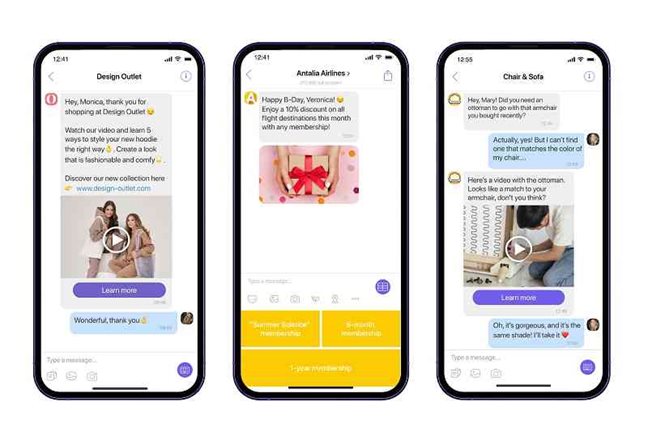Benefits of Personalization: How to Improve Engagement and Conversions?
22nd February 2023, Kathmandu
In a world where customers are surrounded by all kinds of content, brands need to modernize their marketing approach to be noticed. And when it comes to this, the power of data should not be underestimated – businesses are increasingly focused on data-driven decision-making, and personalization has become a key differentiator for many companies, as a way to create targeted and effective marketing messages.
Challenges of personalization
When done well, personalization can help brands to better connect with their customers and drive more sales. However, personalization is not without its difficulties.
One of the biggest challenges companies face when it comes to personalization is a lack of data. Without it, it’s impossible to know who your customers are, what they want, and how to reach them. Even if you do have all the insights you need, they’re not always accurate or up-to-date. This can make it difficult to create targeted, relatable messages that resonate with your customers.
Despite these challenges, personalization is still a powerful tool that can help brands to better connect with their customers.
What benefits can personalization bring to your marketing strategy?
1. Increased customer loyalty and satisfaction:
When clients feel that a brand understands them and is providing relevant and personalized experiences, they are more likely to build a long-term connection with it. By understanding your customer data, you can learn what your buyers want and need, and then give it to them. This information can also help you improve products or services, and develop new ones.
2. Greater engagement:
By providing every client with a service that is tailored for them, you can potentially create a connection with your audience that will lead to commitment and repeat business. Whether it’s a personalized email, a targeted ad, or a recommended product, these experiences are more likely to result in a conversion of potential clients into a customer, compared to a generic message.
3. Greater customer lifetime value:
When customers feel valued, they are more likely to be loyal and to make repeat purchases, leading to increased LTV. Data can help you understand which customers are most valuable to your business and how to keep them coming back. For example, brands on Viber use available analytics to segment their audiences based on different variables and increase LTV by targeting their messages.
4. Improved customer retention:
Buyers who have a positive experience with a company want to stay with it. You can use data to segment clients, understand which ones are most likely to churn, and focus your retention efforts on them.
Additionally, data can help you track engagement and identify areas where improvements can be made.
5. Increased brand awareness:
When customers have a positive experience with a company, they are more likely to tell others about it. This, in turn, leads to increased brand awareness.
The more customers you have and the more you interact with them, the better you will be able to understand their needs and wants, resulting in an increase in sales.







